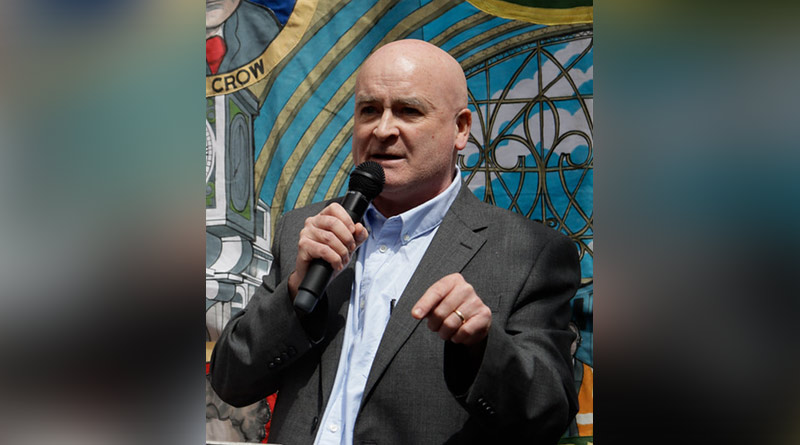Direct Your Anger at Rail Operators- Union Boss Tells Hospitality Leaders

Mick Lynch general secretary of the train drivers union RMT has told hospitality businesses to direct their anger at rail operators for the forthcoming rail strikes.
In a letter to hospitality and retail associations, Mr Lynch said that while “you face disruption to your business at this critical time, the private rail businesses we are in dispute with will not lose a penny.”
The union is called a series of strikes scheduled to place on 13, 14, 16, 17 December as well as 3, 4, 6, 7 January, with strikes taking place during the hospitality sector’s busiest period.
High street bosses once more urged all parties to hash out a resolution to the dispute on Tuesday, with pleas that jobs and businesses were hanging in the balance.
Analysis by UKHospitality has revealed that the fresh wave of rail strikes set to hit the country this month will cost the sector £1.5 billion on strike days, similar to the level of disruption caused by the Omicron Covid-19 variant last year.
Hospitality businesses have already seen large-scale cancellations, which are unlikely to be rescheduled, and will have a devastating impact on the sector and its workforce at the most critical trading period of the year.
Just a week ago the British Beer and Pub Association, British Institute of Innkeeping, Night Time Industries Association, Mayor of the West Midlands Andy Street and the Association of Town and City Management wrote an open letter to the negotiating parties in the rail dispute stressing the urgent need for a resolution.
Emma McClarkin, Chief Executive of the British Beer and Pub Association said:
“The weeks leading up to Christmas are the busiest of the year for pubs, and they were looking forward to trading normally for the first time in three years, but news of these strikes have dealt a serious blow in an already critically difficult economic climate. Every day we go without a resolution is another day of damage to the industry, with cancellations being made and Christmas parties called off.
“Our industry desperately needs a boost this Christmas and so we are urging all parties to find an urgent resolution to rescue this festive season from ruin for our pubs.”
According to Mr Lynch, ministers have bailed operators out of strikes for a total of £318m, not giving companies any incentive to settle the disputes.
“As it is the government which is clearly prolonging this dispute with their taxpayer funded bailout for the private train companies you would clearly be justified in asking what similar steps it will be taking to compensate your businesses,” Lynch wrote.
The Rail Delivery Group said the RMT’s “rhetoric seeks to divert attention from the very real consequences of their actions” on hospitality businesses.
Train operators were presently paid a fixed fee of 0.5 per cent of costs to run services for the government, with small additional payments linked to demanding targets on punctuality, reliability and other measures, a spokesperson said.
“Even if that fee were to be removed entirely, it would not come close to funding the pay rise we want to give our people”, they said.
“Instead, we need the RMT to work with us to agree the long-overdue reforms which will unlock a fair deal, improve services and secure the industry’s long-term future.”
